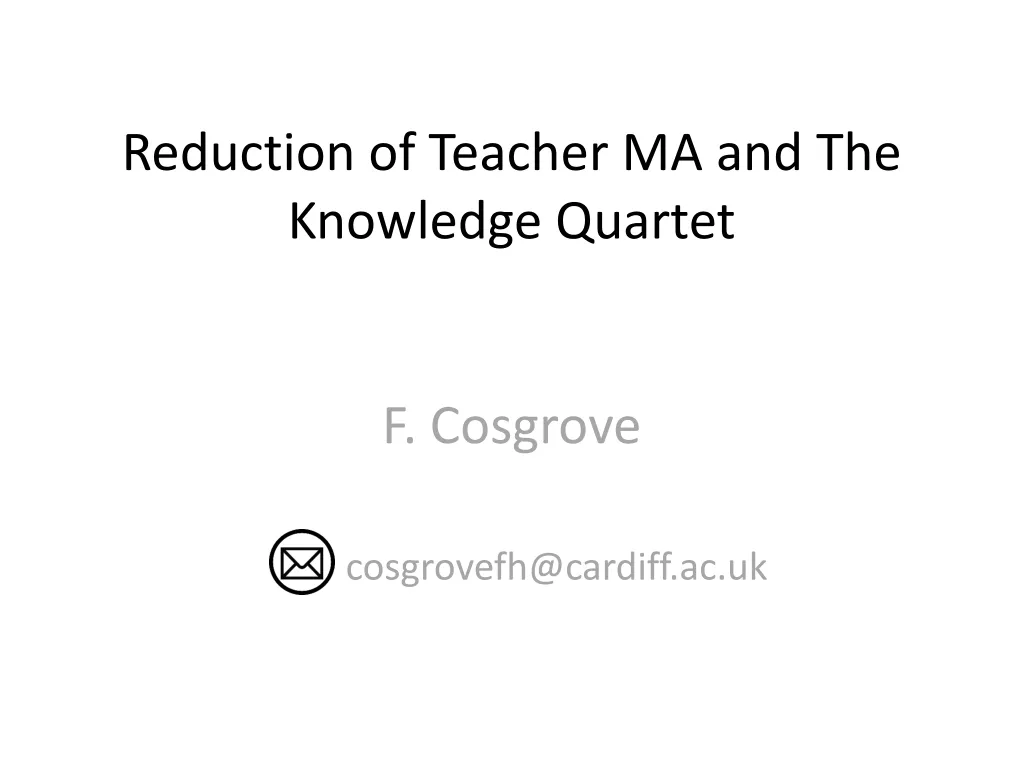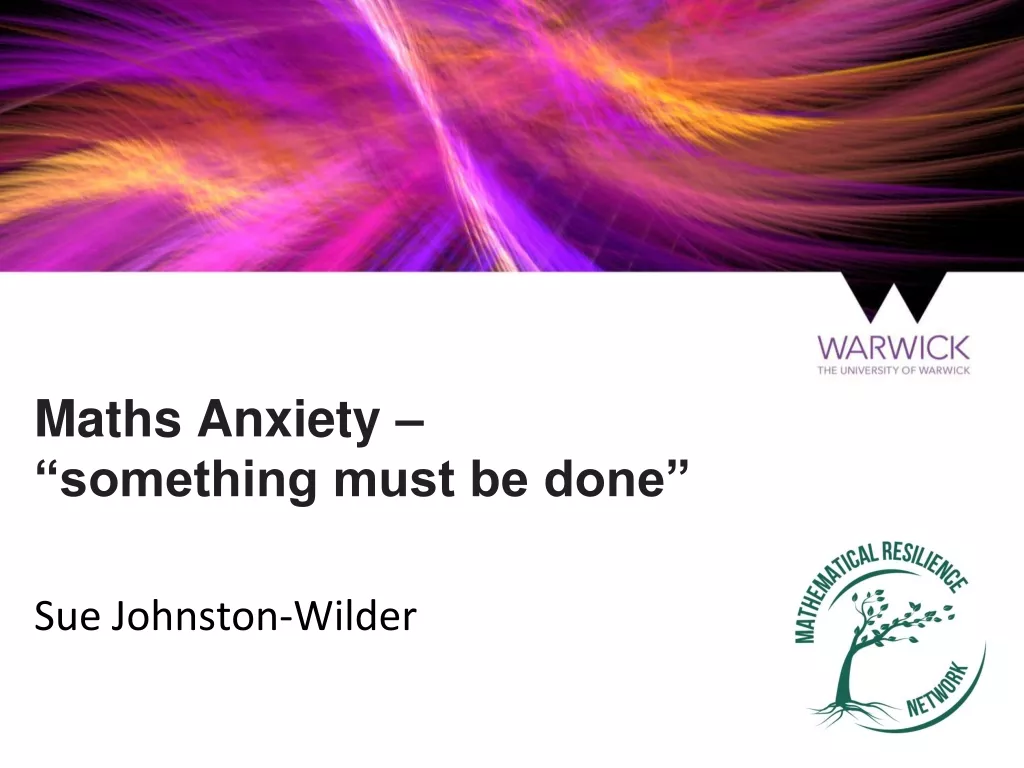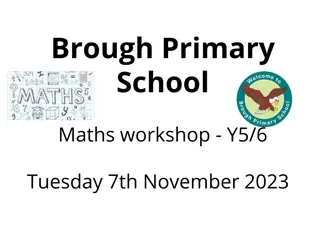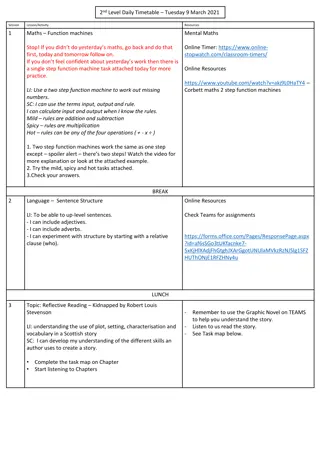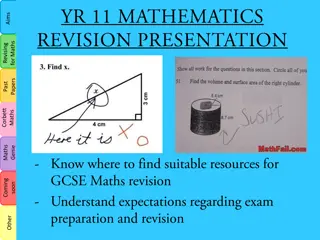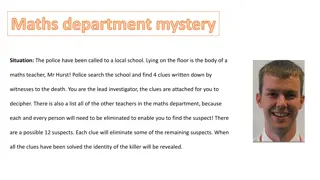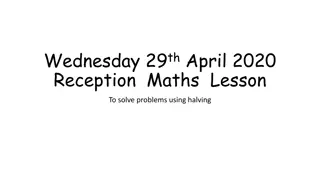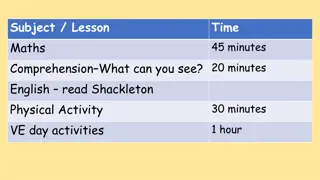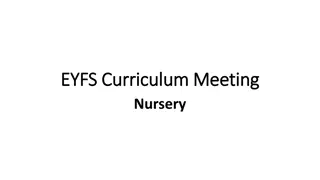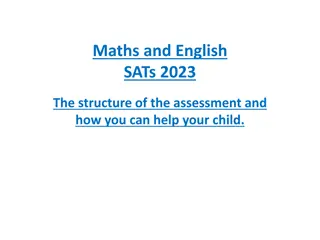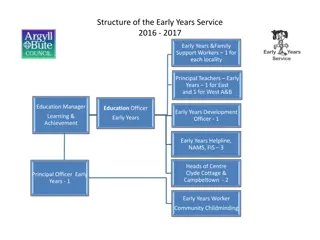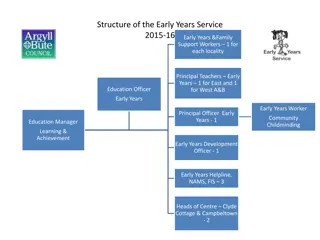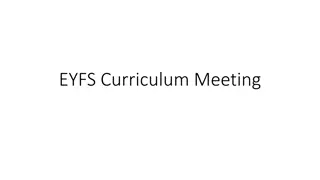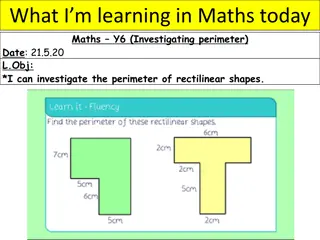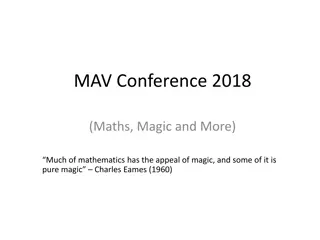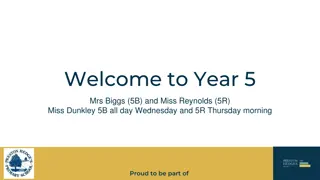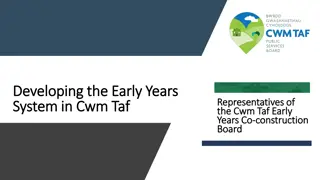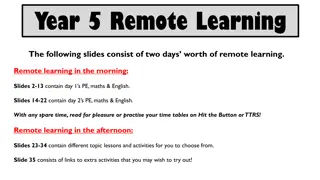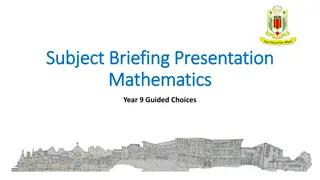Engaging Maths Practices for Early Years
Explore evidence-informed and engaging mathematics activities for children aged 3-7 years, incorporating maths throughout the day in various contexts like daily routines, play, and other learning areas. The presentation covers strategies, discussions, and practical examples to enrich maths education in early childhood settings.
Download Presentation

Please find below an Image/Link to download the presentation.
The content on the website is provided AS IS for your information and personal use only. It may not be sold, licensed, or shared on other websites without obtaining consent from the author.If you encounter any issues during the download, it is possible that the publisher has removed the file from their server.
You are allowed to download the files provided on this website for personal or commercial use, subject to the condition that they are used lawfully. All files are the property of their respective owners.
The content on the website is provided AS IS for your information and personal use only. It may not be sold, licensed, or shared on other websites without obtaining consent from the author.
E N D
Presentation Transcript
Maths throughout the day Evidence-informed and engaging maths in the early years with children aged 3-7 years
Framing for your context complete before presenting Before using this presentation, please: Ask educators to bring their maths planning/ programming to the session. Add context and framing to slide 3. Consider whether you would like to include additional examples from the Guidance Report on slides 6 and 9. You may like to print these or share a link. Print or share a link to the action plan on slide 9. 2
Agenda Follow up from last session (10 minutes) Maths in other learning areas (2 minutes) Maths in daily routines (6 minutes) Teachable moments in play (2 mins) Make a plan (10 minutes) 3
Discuss: Since the last session With a partner, discuss: 1. Your key take-away from the last session 2. Your reflections on using a storybook, such as: How it went from your perspective What you observed during the reading and in the activity that followed the reading Any insights from children s maths talk What you might continue doing or do differently next time. 4
Finding opportunities to focus on maths throughout the day There are many easy and fun ways to incorporate maths into daily activities and routines, in play and other learning areas. Access from: E4L.org.au/early-maths 5
Maths in other learning areas Maths can be incorporated into other learning areas: Investigate number, shape or measurement and data in outdoor/nature play and PE. Explore patterns, shape and number in art. 6
Maths in daily routines Everyday routines such as shared snack time, lining up, calling the roll, and tidying up can provide opportunities for counting and comparison as well as addition, subtraction, sharing, and time problems. 7
Discuss With a partner share: How you already include maths in your classroom routines or other learning areas. Where there may be opportunities in routines or other learning areas for you to include maths. 8
Teachable moments during play Provide a range of resources for children to explore areas of maths through play. Resources can include manipulatives, loose parts, measuring items (such as scales and measuring cups), construction materials, puzzles, sorting and pattern materials. 9
Think, pair, share: Maths throughout the day 1. Look at your planning for the next few weeks. What are the maths learning objectives? What concepts will you be focusing on? 2. Brainstorm how you can support the maths learning objectives in other learning areas, routines, or play. 3. Select an action/activity from your brainstorm and complete a rapid action plan. 4. Discuss your action plan with a partner and ask for their feedback and ideas. 5. Share plans as a group. 10
Next steps We ll start the next session with your reflections on how you ve included maths throughout the day. Take a look at the Guidance Report for more on what we ve covered today. Access from: E4L.org.au/early-maths 11
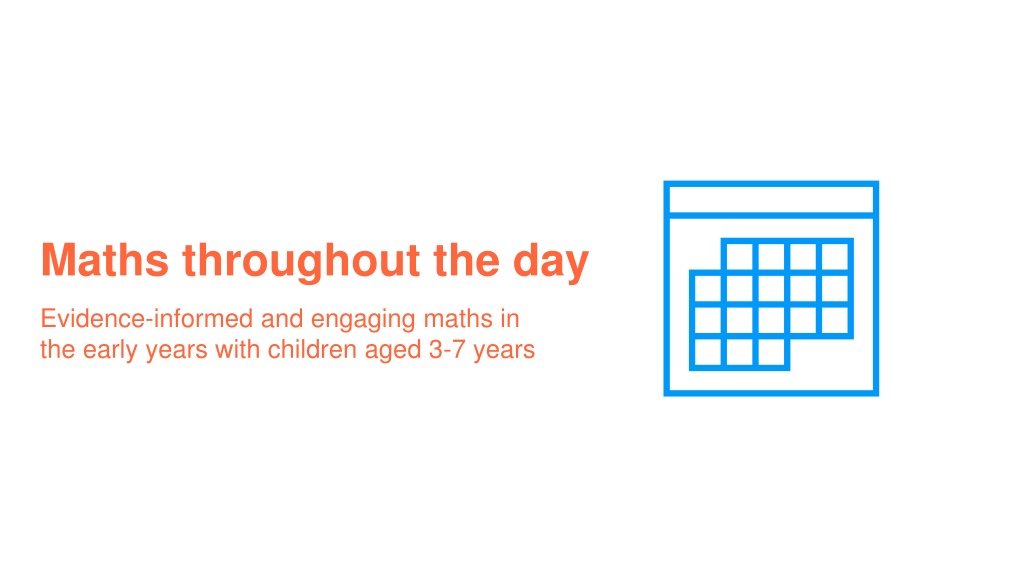


 undefined
undefined


